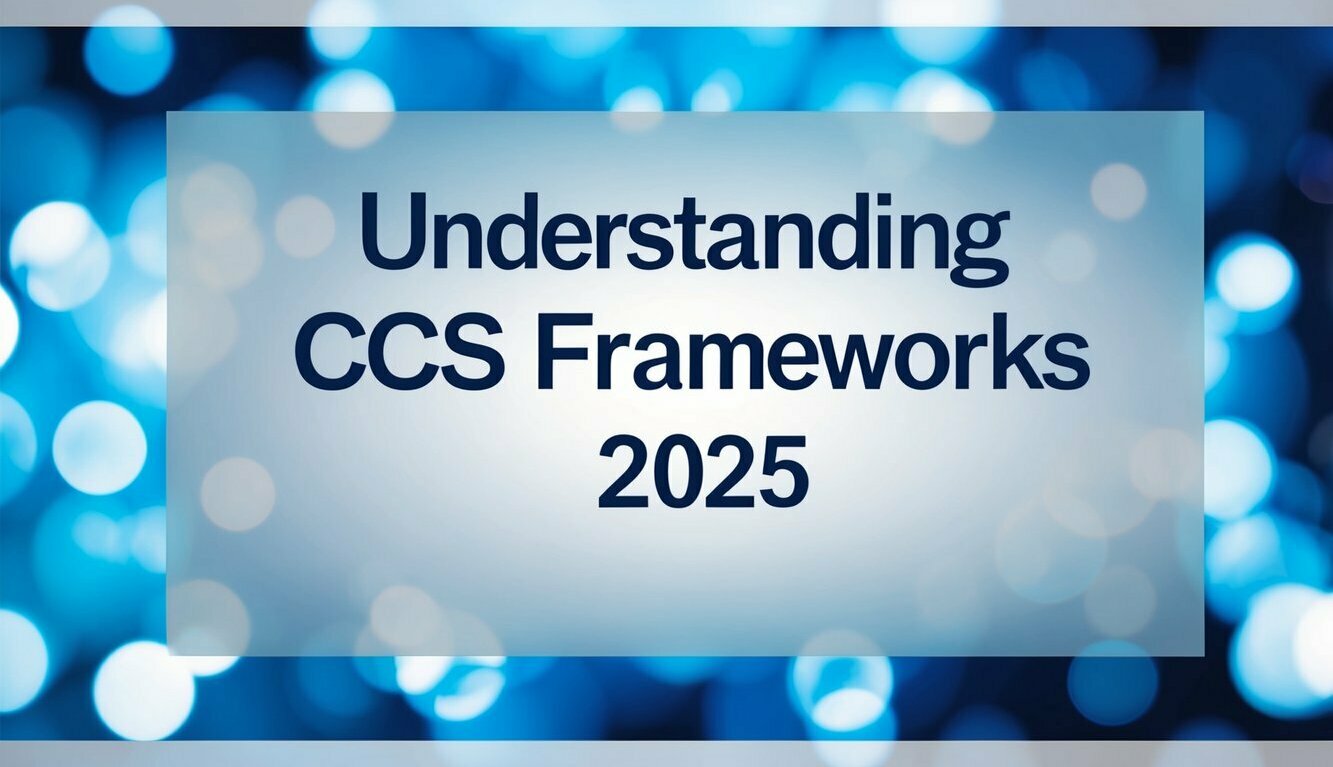Do you want to become a Crown Commercial Service (CCS) supplier?
This guide explains what CCS frameworks are, how they work, and how your business can successfully apply. As one of the UK’s most trusted bid writing consultancies, we help suppliers win places on CCS frameworks by supporting every stage of the process - from initial registration through to full bid submission and contract award.
What is a Crown Commercial Service (CCS) Framework?
A Crown Commercial Services framework is a pre-competed procurement arrangement that lets UK public sector organisations purchase goods and services from approved suppliers without running full tender processes each time. These frameworks establish standardised terms and conditions for purchases throughout the agreement's duration, typically 2-4 years, and are managed by the Crown Commercial Service (CCS), a government body that supports public sector procurement.
Your Reference Guide to Crown Commercial Service Frameworks
For public sector buyers:
- Access pre-approved suppliers without lengthy procurement processes
- Ensure compliance with the Procurement Act 2023 requirements
- Save money through pre-negotiated terms and bulk buying power
- Choose between direct award or mini-competition to select suppliers
For suppliers seeking to join:
- Monitor the Find a Tender service for upcoming framework opportunities
- Register on the CCS eSourcing platform to access documents
- Complete the Standard Selection Questionnaire (SSQ)
- Prepare comprehensive responses to Invitations to Tender (ITT)
Popular CCS frameworks include:
- G-Cloud for cloud computing services
- Technology Services for IT support and infrastructure
- Construction Works and Associated Services
- Management Consultancy Framework
- Legal Services frameworks
What/Who is a Crown Commercial Service Supplier?
A Crown Commercial Service supplier is a business that has been approved to deliver goods or services through a CCS framework. These suppliers have successfully completed a competitive application process and demonstrated that they meet CCS’s standards for financial stability, compliance, technical capability, and service delivery.
Being a CCS-approved supplier allows organisations to bid for work via direct awards or mini-competitions across central government, NHS trusts, local authorities and other public sector bodies.
For many businesses, becoming a Crown Commercial Service supplier is a key step toward accessing larger public sector contracts and building long-term customer relationships.
Different types of Crown Commercial Service Frameworks
CCS operates several types of framework agreements to meet different procurement needs:
Open Frameworks
Open frameworks allow new suppliers to join during the framework's lifetime. Examples include Payment Solutions 3 (RM6383) and Facilities Management and Security Services (RM6378).
Closed Frameworks
Closed frameworks have a fixed supplier list determined when the framework is established. Examples include Construction Professional Services 2 (RM6356) and Debt Resolution Services 2 (RM6366).
Dynamic Purchasing Systems (DPS)
DPS frameworks allow suppliers to join at any time during the agreement's life, offering more flexibility than traditional frameworks. Examples include Automation Marketplace DPS (RM6173) and Vehicle Charging Infrastructure Solutions (RM6213).
Dynamic Markets
These newly introduced arrangements under the Procurement Act 2023 combine elements of frameworks and dynamic purchasing systems, with simplified processes for suppliers to join.
How Crown Commercial Service Frameworks Work
Crown Commercial Service frameworks function as formal agreements between public sector bodies and suppliers for delivering goods and services under standardised terms. When a buyer has a specific requirement, they can either make a direct award to a supplier on the framework or run a mini-competition among framework suppliers, significantly reducing procurement timelines.
Each CCS framework contains carefully selected suppliers who have already been assessed for financial stability, technical capability, and experience. This pre-approval gives buyers confidence in supplier quality while ensuring compliance with procurement regulations. The frameworks cover virtually every category of public sector spending, from technology and construction to professional services and healthcare.
The Benefits of using CCS Frameworks for the Public Sector
Public sector organisations across the UK choose Crown Commercial Service frameworks because they deliver four key advantages in procurement.
First, they dramatically simplify processes. With access to pre-approved suppliers, public organisations avoid lengthy tendering processes and supplier vetting. A typical procurement might take 6-9 months, while framework procurements can be completed in weeks.
Second, they ensure regulatory compliance. The Procurement Act 2023 imposes strict regulations on public sector organisations, and CCS frameworks are structured to ensure full compliance. Buyers gain confidence that all pre-approved suppliers meet necessary requirements without having to verify compliance themselves.
Third, they generate significant cost savings. This happens through both time saved in supplier selection and through pre-negotiated terms that often include bulk buying discounts. CCS estimates that frameworks typically deliver 10-15% cost savings compared to individual procurement exercises.
Fourth, they provide access to quality-assured suppliers who have demonstrated capability, financial stability, and track records. This quality control minimises procurement risk while maintaining high service standards.

The Changing Role of CCS Frameworks in 2025
From 2025 onwards, both public sector buyers and suppliers will see changes in how they interact with Crown Commercial Services (CCS) frameworks - driven by the implementation of the Procurement Act 2023 and findings from the National Audit Office’s 2024 report.
For public sector buyers: greater control, fewer frameworks, and more pressure to deliver value
Buyers will benefit from increased visibility and centralisation. The Cabinet Office will introduce a new digital platform to publish more data on procurement activity, call-offs and pricing. This is part of a wider effort to reduce duplication and ensure frameworks are only used when they provide value for money.
The report found over 21,000 frameworks in use, many of which overlap, creating unnecessary complexity and cost. Going forward, buyers will be encouraged to use fewer, accredited frameworks and to justify direct awards more rigorously. CCS is also piloting new aggregation models, meaning buyers will have more options to pool demand for better pricing.
What buyers need to do now:
-
Review your reliance on non-CCS frameworks, especially those hosted by smaller authorities or private operators with high commission fees (some charging 5–6%, vs CCS’s 0.7%).
-
Plan for the rollout of the Procurement Act 2023 and the new central platform.
-
Expect increased scrutiny of how and why frameworks are used — especially if bypassing competition at call-off.
For suppliers: more competition, but better access to public sector buyers
CCS frameworks continue to offer a major growth route, with 3,926 suppliers reporting spend in 2022–23, up from just over 2,000 five years ago. But the report also found that many framework lots are dominated by one or two suppliers, despite being open to others. This is expected to change. Winning a place on a framework is not the end - it's only the start of the process. Speak to us about our Framework Management & Maximisation Services.
New transparency rules will expose how frameworks are awarded and how often mini-competitions are actually used. Suppliers will also benefit from CCS exploring ‘open frameworks’, which allow new entrants during the life of a framework, a shift designed to tackle overly concentrated markets.
Importantly, CCS is under pressure to reduce its levy (currently 0.7%), which could lower prices and help suppliers compete more effectively.
What suppliers need to do now:
-
Focus on frameworks with genuine competition at call-off - avoid those where the same supplier is always awarded.
-
Prepare for more open access and tighter pricing, especially as CCS looks to grow usage in underrepresented sectors like local government, NHS and housing.
-
Keep an eye on the rollout of the new central register - this will improve visibility and help you assess which frameworks offer real opportunity.
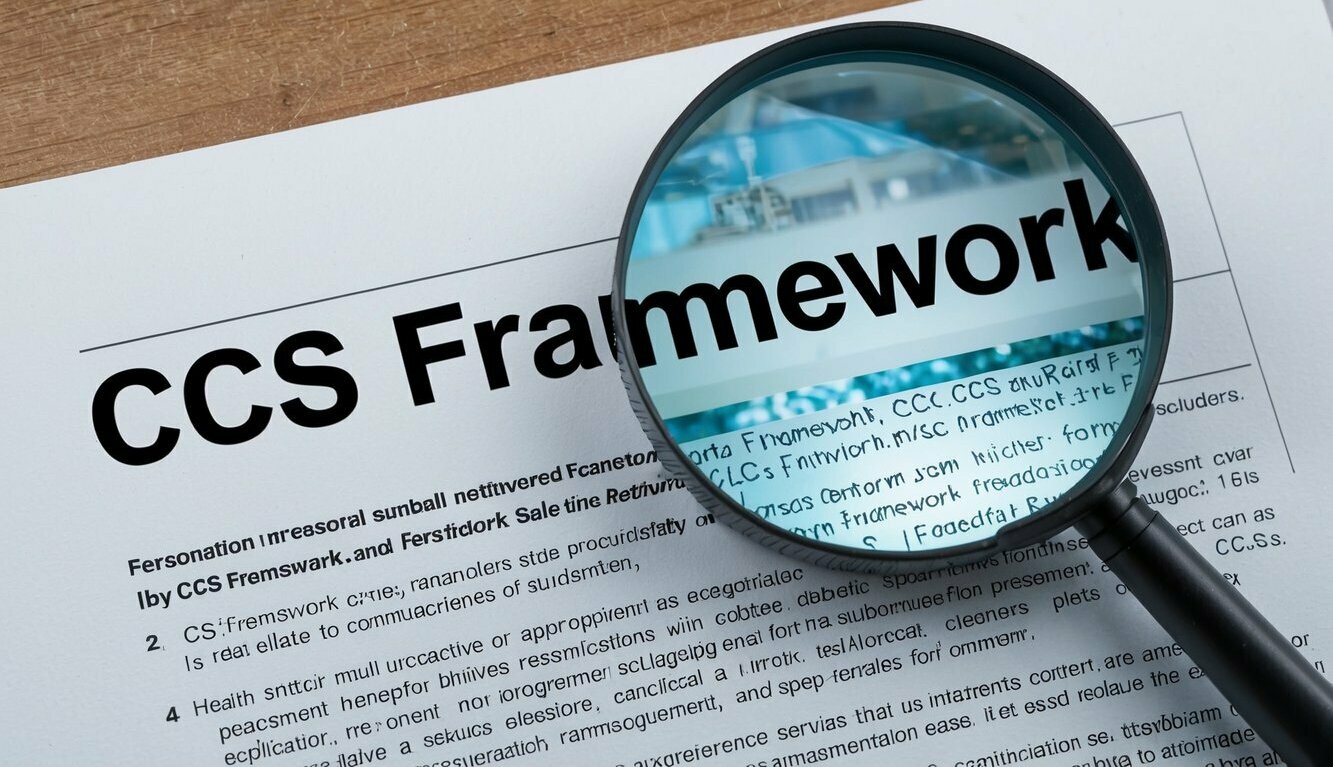
Popular CCS Framework Categories
CCS manages over 90 frameworks across diverse sectors. The most widely used include:
Technology and Digital
Technology frameworks cover everything from hardware and software to specialist IT services. G-Cloud (currently preparing for G-Cloud 15, RM1557.15) is one of the most popular, helping the public sector buy cloud computing services including hosting, software, and support.
Technology Services 4 (RM6190) will help public sector organisations purchase service design, end user device support, IT infrastructure, and application development, with tenders closing May 22, 2025.
Construction and Infrastructure
Construction Works and Associated Services 3 (RM6320) will provide access to a range of construction works and services for central government, NHS trusts, and the wider public sector.
Construction Professional Services 2 (RM6356) offers technical advisory services supporting building and civil engineering projects of all scales.
Professional Services
Management Consultancy Framework Four (MCF4, RM6309) provides cost-effective management consultancy services, with tenders closing January 9, 2025.
Legal Panel for Government (RM6360) and Legal Panel for Public Sector (RM6374) give access to legal advice services across various specialisms.
Health and Social Care
NHS Workforce Alliance Health Workforce Solutions (RM6380) will provide access to staff banks, managed service solutions, and recruitment options.
NHS Notify Printed Communications (RM6389) supports NHS England's communications programme, with tenders closing April 28, 2025.
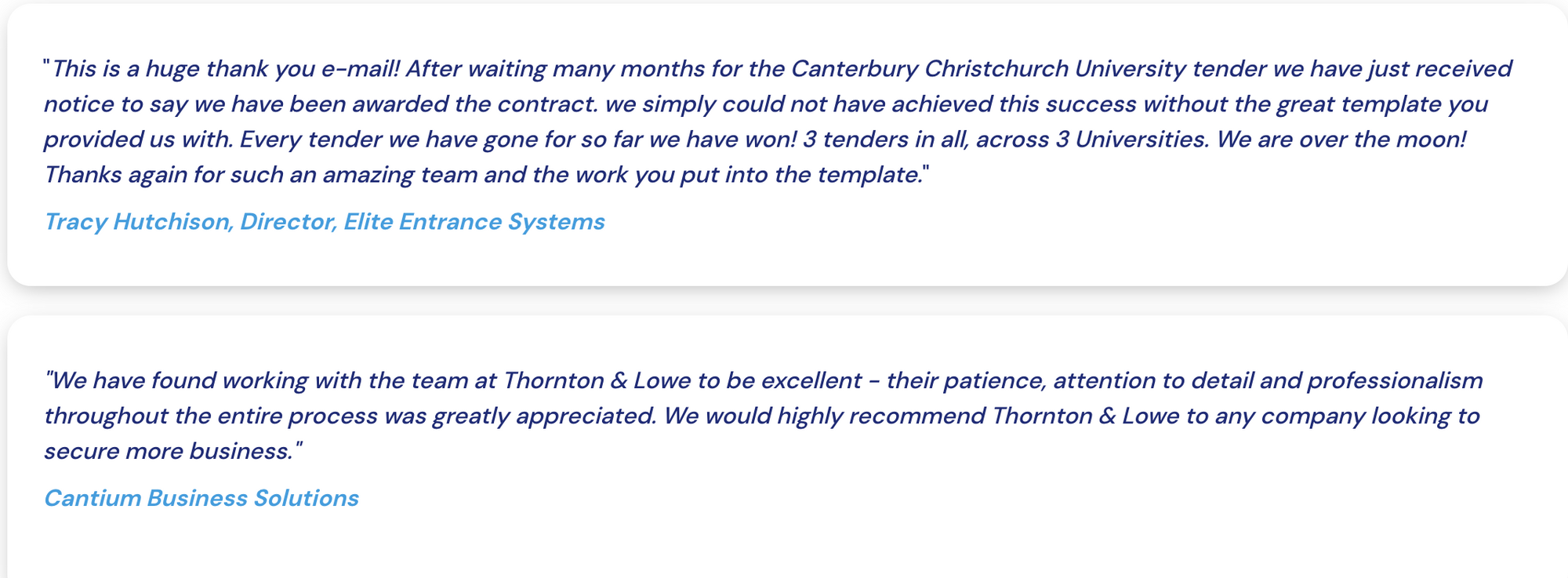
Upcoming Crown Commercial Service Framework Opportunities in 2025/2026
The Crown Commercial Service continuously develops new frameworks. Here are the significant opportunities coming in 2025-2026:
Future Pipeline Frameworks
G-Cloud 15 (RM1557.15), scheduled to go live on April 29, 2026, will help the public sector buy cloud computing services including hosting, software, and off-the-shelf solutions.
The Marketplace (RM6369) will open for tenders on April 30, 2025, with an expected live date of January 26, 2026, giving access to products classified as tail spend.
Debt Resolution Services 2 (RM6366) will go live on December 12, 2025, providing access to debt recovery solutions including direct debt collection and enforcement services.
Power Purchase Agreement (RM6289) framework is expected to go live on April 15, 2025, helping public sector bodies secure renewable electricity through long-term contracts.
Planned Procurements
Digital Outcomes and Specialists 7 (RM1043.9) will go live on February 2, 2026, providing access to agile development services and Digital, Data and Technology specialist roles.
Facilities Management and Security Services (RM6378) tenders open on September 1, 2025, with an expected live date of June 1, 2026.
Outsourced Services (RM6295) tenders open on March 14, 2025, with an expected live date of October 2, 2025, covering back office services including contact centre services and HR.
Transport Technology (RM6347) tenders open on April 22, 2025, providing transport solutions including sustainable technology and mobility infrastructure support.
Procurements Currently in Progress
A time of writing this article:
Audit and Assurance Services Two (RM6310) tenders close on March 18, 2025, with expected award on July 22, 2025.
Management Consultancy Framework Four (MCF4, RM6309) has tenders closing on January 9, 2025, with expected award on July 22, 2025.
Technology Services 4 (RM6190) represents a significant opportunity with tenders closing on May 22, 2025, and expected award on December 12, 2025.
Contact us on hello@thorntonandlowe.com to be kept updated on Crown Commercial Service framework opportunities and to access our free webinars on the topic.
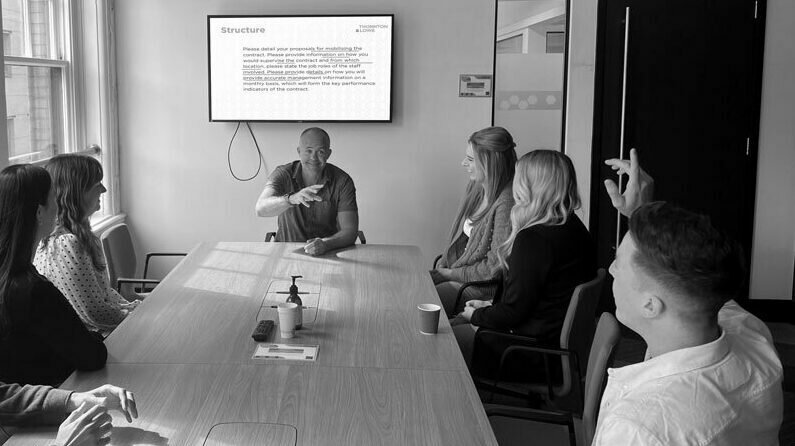
How to Join a Crown Commercial Service Framework as a Supplier
Suppliers seeking to join CCS frameworks should follow this approach to maximise success chances:
First, monitor opportunities through the Find a Tender service to identify relevant framework opportunities. CCS publishes a pipeline report showing frameworks planned for the next three years.
Second, register on the CCS eSourcing platform to access tender documents. This platform is used for all CCS procurement exercises and allows direct communication with the procurement team.
Third, complete the Standard Selection Questionnaire (SSQ) thoroughly, providing evidence of capability, experience, and financial stability. This stage assesses whether suppliers meet the minimum requirements.
Fourth, prepare comprehensive responses to Invitations to Tender (ITT). Successful bids directly address evaluation criteria with specific evidence and emphasise social value initiatives aligned with contract requirements.
Competition levels vary significantly between frameworks, with success rates typically ranging from 30-70%. Technical requirements differ substantially, and previous public sector experience often gives suppliers an advantage.
At Thornton & Lowe we offer outsourced bid writing services, framework compliance and a full submission and consultancy service. We have successfully helped our clients win places on the majority of Crown Commercial Service framework opportunities - consistently doing so for over 15 years!
Take a look at CCS Procurement Bid Writing for Frameworks.
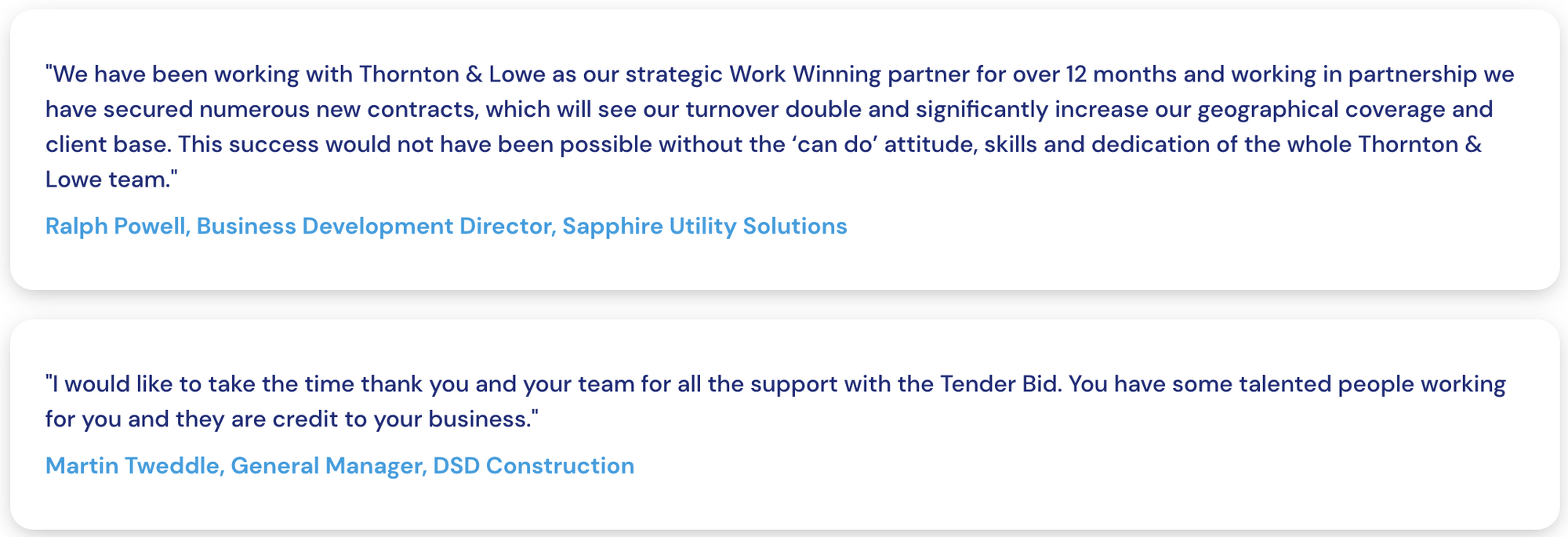
Other UK Public Sector Framework Agreements
While Crown Commercial Service frameworks dominate central government procurement, other framework agreements serve specific sectors:
NHS Procurement Frameworks
NHS procurement frameworks cater specifically to healthcare needs. NHS Shared Business Services and NHS Supply Chain manage frameworks for medical equipment, pharmaceuticals, and clinical services. The NHS Workforce Alliance Health Workforce Solutions (RM6380) framework, expected to launch in 2025, will provide access to outsourced staff banks and recruitment solutions.
Education Sector Frameworks
Universities and colleges access frameworks through organisations like APUC (Advanced Procurement for Universities and Colleges). For example, the PPE, Workwear & Sportswear framework from APUC covers safety equipment and clothing for education institutions with an estimated value of £171 million.
Local Government Frameworks
Local authorities develop frameworks for regional procurement needs. Nottingham City Council manages a £60 million framework for Community Based Support and Accommodation Services for homeless people, while other councils create frameworks for specific regional requirements.
Major Public Sector Framework Agreement Bodies
Government frameworks in the UK are typically released every 3-5 years, with many public sector organisations creating purchasing groups to combine requirements and ensure competitive prices. Major framework providers include:
- Crown Commercial Service (CCS) - central government's primary procurement agency
- NHS Shared Business Services - healthcare-specific frameworks
- ESPO (Eastern Shires Purchasing Organisation) - local government purchasing consortium
- YPO (Yorkshire Purchasing Organisation) - regional procurement organisation
- NEPO (North East Procurement Organisation) - regional procurement body
- APUC (Advanced Procurement for Universities and Colleges) - higher education focus
- STAR Procurement - collaborative procurement for local authorities
- LUPC (London Universities Purchasing Consortium) - London higher education institutions
- NEUPC (North Eastern Universities Purchasing Consortium) - regional university procurement
- NHS Supply Chain - medical supplies and equipment
Check out our full procurement framework list, which includes a live feed of Crown Commercial Service frameworks.
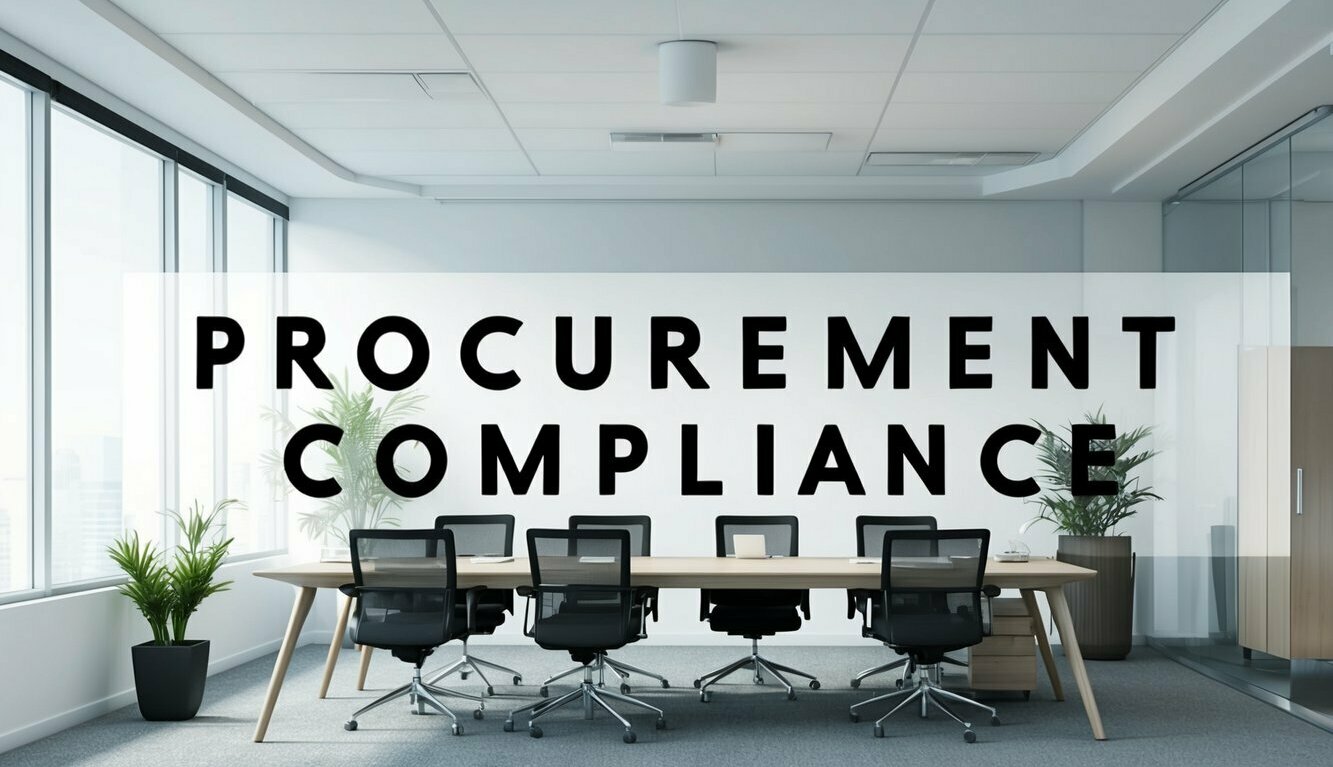
How the Procurement Act 2023 Affects Crown Commercial Service Frameworks
With the Procurement Act 2023 now in full effect as of February 2025, Crown Commercial Service frameworks are evolving to incorporate new requirements:
- Enhanced transparency requirements in all procurement processes
- Increased focus on social value delivery through framework contracts
- More streamlined procurement processes with shorter timelines
- Collaborative supplier relationships emphasising partnership approaches
- New framework structures including Dynamic Markets
Most frameworks launched after February 2025 operate under the new regulations, while existing frameworks continue under Public Contracts Regulations 2015 until renewal.
Making the Most of Crown Commercial Service Frameworks
Crown Commercial Service frameworks provide an efficient, compliant route to market for public sector buyers and valuable opportunities for suppliers seeking government contracts. With over 90 different frameworks covering virtually every category of public sector spending, they offer solutions for organisations of all sizes and needs.
For public sector buyers, the key advantages include simplified procurement, regulatory compliance, cost savings, and quality assurance. For suppliers, frameworks provide access to government business without repeatedly going through full tender processes.
With numerous framework opportunities on the horizon for 2025-2026, staying informed about Crown Commercial Service framework developments remains key for anyone involved in public sector procurement.
You may also like:
Join our newsletter for free CCS updates
Click hereFrequently Asked Questions (FAQs)
How do I become a Crown Commercial Service supplier?
Start by monitoring upcoming opportunities via Find a Tender and registering on CCS’s eSourcing platform. You’ll then complete a Selection Questionnaire and submit responses to the Invitation to Tender.
Can SMEs join CCS frameworks?
Yes. Many frameworks are designed to support SME inclusion, with options like open frameworks and Dynamic Purchasing Systems.
What are CCS frameworks?
CCS frameworks are pre-approved agreements that allow public sector bodies to buy goods and services from trusted suppliers without running a full procurement each time.
How long do CCS frameworks last?
Most last between 2–4 years, with some extending longer. CCS publishes a pipeline of upcoming opportunities and expiry dates.
What’s the benefit of being on a CCS framework?
It opens access to central government and wider public sector buyers - with reduced procurement barriers and faster routes to award.
Need help becoming a CCS supplier?
We’ve helped hundreds of businesses win places on CCS frameworks - including G-Cloud, Construction Works, and Health Workforce Solutions. Whether you need help preparing a full submission or reviewing responses, our team is ready to support you.
📩 Contact us today »


